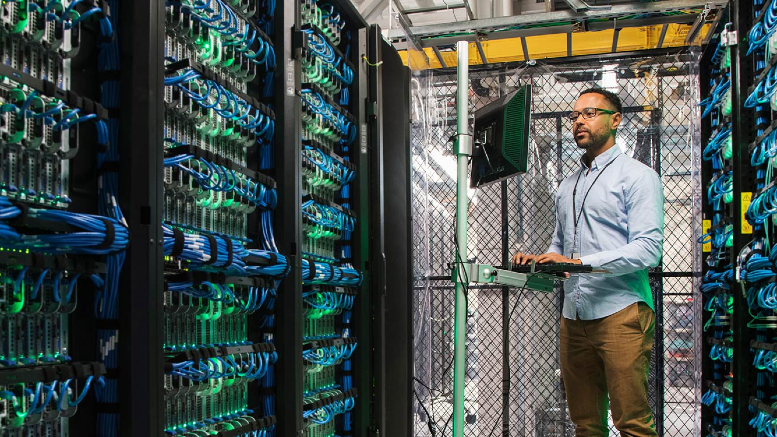Evolving Industry: The Convergence of OT and IT in Transportation and Logistics
January 21, 2021 / Unisys Corporation
The COVID-19 pandemic has been a wake-up call for logistics companies, their supply chain partners and regulatory bodies across countries. The disruption brought on by the health crisis has highlighted the need for greater operational oversight, with Industry 4.0 technologies paving the way to a more secure, agile future for supply chain management. These innovations also provide a competitive edge by reducing time to market, allowing logistics companies to proactively manage risk and streamline the delivery of goods to manufacturers, retailers and even end consumers.
Despite the immense value offered by Industry 4.0 adoption — which focuses on automation, real-time data, interconnectivity and artificial intelligence — the transition has introduced additional asset management and security challenges that businesses can’t afford to ignore. The convergence of operational technology (OT) and information technology (IT) has been a net positive in terms of efficiency, but it’s also created new security vulnerabilities hackers can exploit. To remain profitable and adaptable in the future, for Industry 5.0 where there is increasing personalisation and collaborations in supply chain, logistics firms need to align their IT and OT assets, scale up their cybersecurity protections across their entire systems and reimagine their data management strategies.

OT/IT convergence may be accelerating service delivery, but it’s also creating new security challenges for logistics companies.
IIoT: An accelerating trend
Although industrial control systems have been integrated with IT infrastructure for years, the rapid adoption of the industrial internet of things (IIoT) and other Industry 4.0 technologies has made interconnectivity a top priority. As Deloitte explains, alignment between OT and IT offers improvements in performance and productivity, greater supply chain visibility and a reduction in production costs. For example, outfitting transportation vehicles with IIoT sensors enables logistics companies to track product deliveries in real time. When disruptive traffic or weather patterns are identified, management teams can adjust the delivery route to cut down on travel time and fuel consumption.
Beyond fleet management applications, the IIoT and artificial intelligence also help optimise product inventories in warehouses. The global health crisis has led to a sharp decline in demand for luxury goods, according to research from McKinsey & Company, with Spring 2020 sales falling 70% compared to last year’s earnings. Knowing which products to stock and how quickly they’re moving off the shelves is crucial for maximising warehouse and shipping resources.
Convergence risks and cybersecurity solutions
As physical OT controls and equipment are integrated with IT computers and networks, logistics companies can unknowingly expand their attack surfaces. Every IIoT device and interconnected sensor is a possible entry point for malicious actors. In the past, gaining access to production equipment wouldn’t provide a direct pathway to sensitive data, but growing IT/OT convergence is erasing the protective barriers around these critical resources. For example, research from Deloitte found that 90% of OT sector companies have reported at least one security breach to their IT infrastructure in the past two years, which lead to the theft of confidential information and/or major disruption to supply chain operations.
Managing environments with high levels of OT/IT convergence also comes with security risks, especially when new technologies are introduced. Today’s logistics companies rely on a patchwork of applications — global positioning systems, active radio-frequency identification, warehouse robotics, etc. — each representing a potential attack vector. This is one reason why 97% of surveyed organisations acknowledge that convergence has created additional security challenges and management requirements, according to a report from Fortinet. But what can logistics firms do to future-proof their digital transformation efforts and minimise the related cybersecurity threats?
Unisys has helped logistics leaders across the world build a stronger foundation for IT excellence, with a focus on cloud, cybersecurity and workplace services. With Unisys, you will be able to protect your operational continuity and get guidance toward Industry 5.0 initiatives that provide sustainable ROI.
Explore our logistics industry resources to learn more.



















